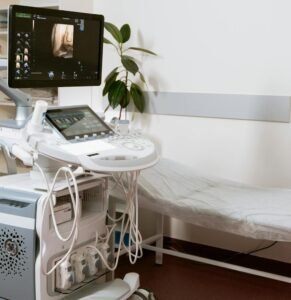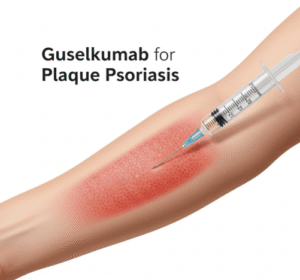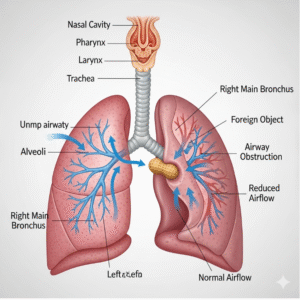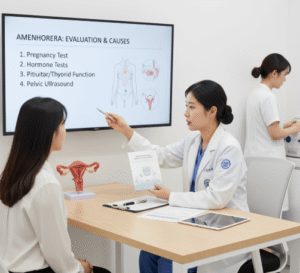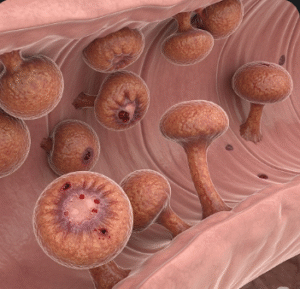Overview
Gastrointestinal (GI) cancers refer to malignant tumors that develop anywhere along the digestive tract, including the esophagus, stomach, liver, pancreas, colon, rectum, and anus. These cancers can significantly impact digestion, nutrition, and overall health. South Korea is renowned for its advanced cancer detection, treatment, and research facilities, offering comprehensive care for GI cancer patients.
What is Gastrointestinal Cancer?
Gastrointestinal cancer encompasses a group of cancers affecting the organs involved in digestion and nutrient absorption. The most common types include gastric (stomach) cancer, colorectal cancer, liver cancer (hepatocellular carcinoma), pancreatic cancer, and esophageal cancer. Early detection is critical for effective treatment and improved survival rates.
Symptoms
Symptoms vary depending on the cancer’s location but may include:
- Unexplained weight loss
- Persistent abdominal pain or discomfort
- Difficulty swallowing (esophageal cancer)
- Persistent nausea or vomiting
- Changes in bowel habits (diarrhea or constipation)
- Blood in stool or black tarry stools
- Jaundice (yellowing of skin and eyes, common in liver cancer)
- Fatigue and weakness
Causes
- Genetic mutations causing uncontrolled cell growth
- Chronic infections (e.g., Helicobacter pylori in stomach cancer, hepatitis B or C in liver cancer)
- Lifestyle factors like smoking, excessive alcohol use, and poor diet
- Chronic inflammation (e.g., inflammatory bowel disease)
- Exposure to certain chemicals or carcinogens
Risk Factors
- Age (risk increases with age)
- Family history of gastrointestinal cancers
- Smoking and alcohol consumption
- Diet high in processed or red meats and low in fruits and vegetables
- Chronic infections (H. pylori, hepatitis viruses)
- Obesity
- Certain hereditary syndromes (e.g., Lynch syndrome)
Complications
- Tumor spread (metastasis) to other organs
- Obstruction of the digestive tract
- Severe bleeding and anemia
- Nutritional deficiencies and weight loss
- Treatment side effects (e.g., from chemotherapy or surgery)
Prevention
- Healthy diet rich in fruits, vegetables, and fiber
- Avoid smoking and limit alcohol intake
- Regular screening for high-risk individuals (e.g., colonoscopy)
- Treatment of chronic infections such as H. pylori and hepatitis
- Maintaining a healthy weight and active lifestyle
Treatment Options in Korea
South Korea offers cutting-edge treatment for gastrointestinal cancers including:
- Diagnosis and Staging
- Endoscopy with biopsy
- Advanced imaging: CT, MRI, PET scans
- Blood tests including tumor markers
- Genetic testing for personalized treatment planning
- Surgical Treatment
- Minimally invasive laparoscopic or robotic surgery
- Traditional open surgery for extensive tumors
- Organ-preserving techniques when possible
- Medical Therapies
- Chemotherapy and targeted therapy (e.g., HER2 inhibitors for stomach cancer)
- Immunotherapy for certain cancer types
- Radiation therapy as adjunct or primary treatment
- Multidisciplinary Care
- Care teams including oncologists, surgeons, radiologists, nutritionists, and counselors
- Rehabilitation and supportive care to improve quality of life
- Screening Programs
- National cancer screening programs available in Korea for early detection, especially for stomach and colorectal cancer
- Clinical Trials and Research
- Access to innovative treatments through ongoing clinical trials at major Korean medical centers such as Samsung Medical Center and Asan Medical Center



